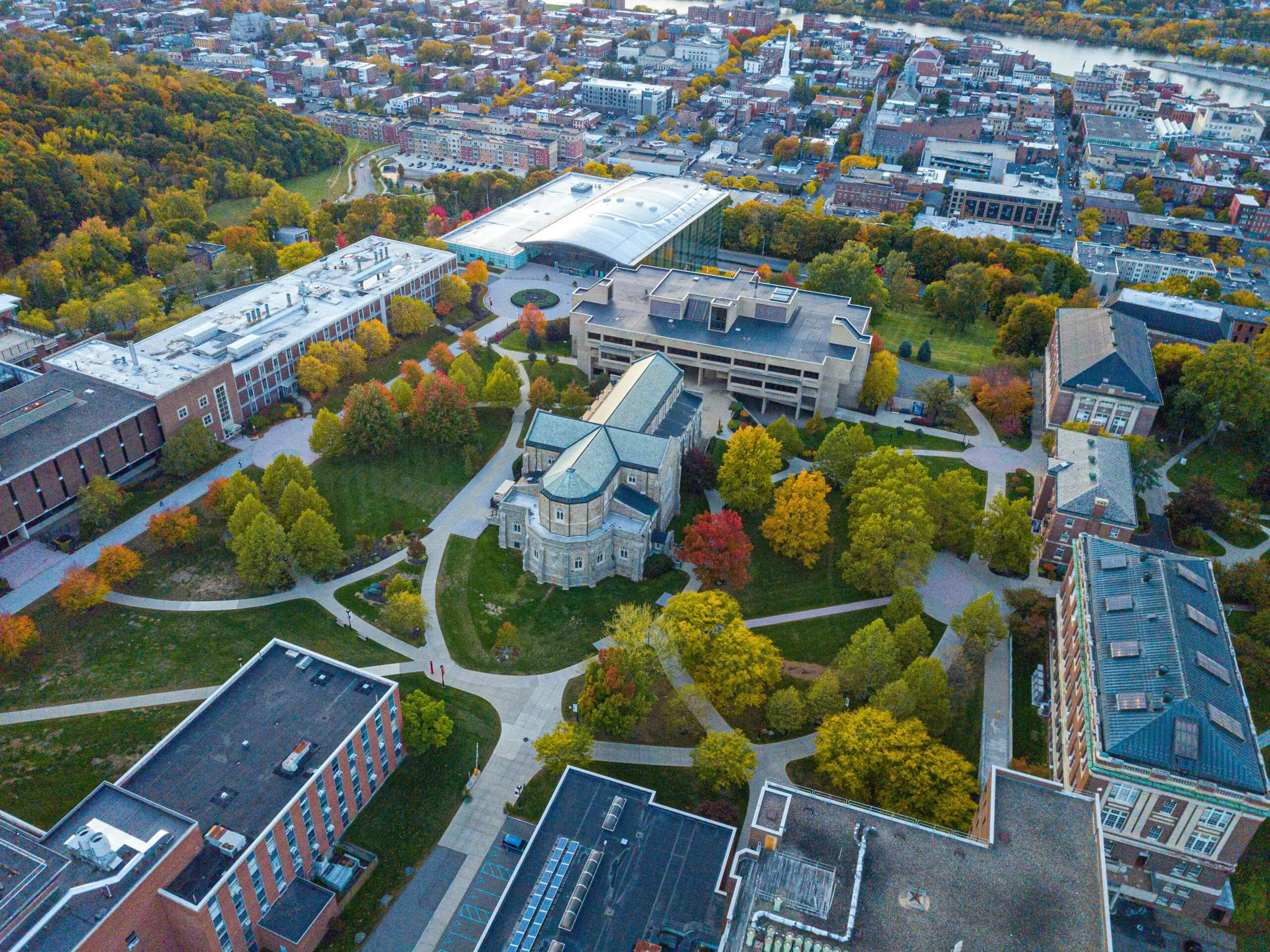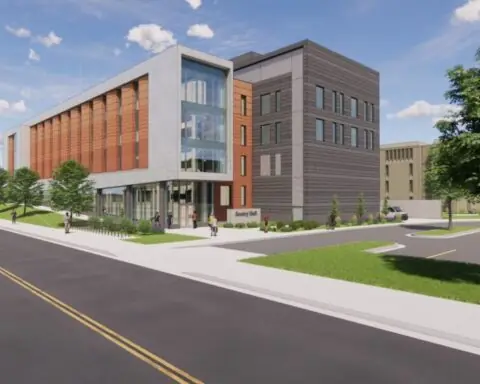A triad of California bills recently signed into law seek to ease the housing burden on college and university students statewide.
Presently, less than 1% of community college students live on campus, compared with 14% at California State University and 41% at the University of California, resulting inthe remaining off-campus students relying on public transit and daily commutes. Even though universities have tried some quick fixes, there are still instances of students living in cars or unsafe spaces, according to state officials.
The new laws open the door for development in and around school-owned property in ways that could benefit both students and nearby residents. Local neighborhoods around campuses are often at odds with renting students because the student lifestyle is generally more relaxed and sometimes louder than typical neighborhoods. Affordable and market-rate housing is already in short supply, and locals do not like competing for living space.
The three acts cut some of the bureaucracy of construction and expand the areas where campuses can build, making the creation and use of new housing more manageable.
AB 893 – Campus Development Zones: Creates campus development zones within a half mile of UC, CSU and community college campuses, allowing private projects on nearby commercial land to receive faster local reviews if they include affordable housing. The measure targets underused commercial sites to add student and faculty housing without displacing residents.
AB 648 – Community College Housing Authorization: Permits community colleges to develop housing for students, faculty and staff on land they own or lease within a half mile of campus, even if local zoning would normally prohibit it. The law, effective Jan. 1, 2026, supports efforts by districts such as Los Angeles to address student homelessness and housing insecurity.
AB 357 – Coastal Zone Development Reform: Streamlines review for housing projects in the state’s coastal zone, speeding up approvals from the California Coastal Commission while maintaining environmental protections. Colleges will have more input in regard to parking requirements for campus housing.
These measures are part of a broader state effort to reduce red tape blamed for California’s housing crisis. Supporters say the reforms will give colleges and developers more flexibility and ease pressure on local rental markets, while opponents warn that state intervention could limit community control over land use.
Photo by mtfuture_ from Pexels













